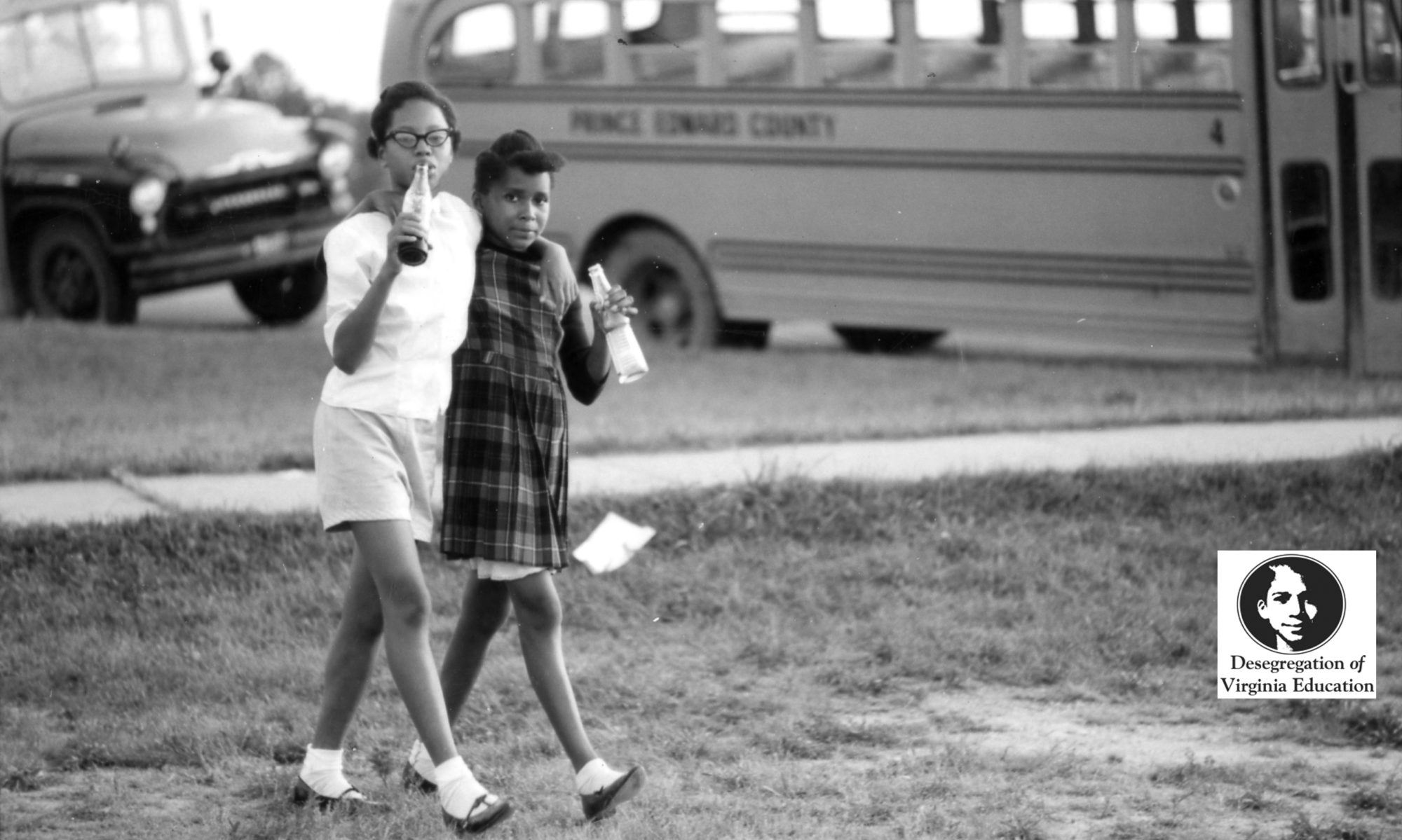Oliver Hill Papers
| Creator | Oliver Hill, Sr. |
| Description | Oliver Hill became part of the national conscience in 1948, when he won a seat on the Richmond City Council. In 1950 he was appointed a public member of the President’s Committee on Contract Compliance. Along with other prominent lawyers, he became co-counsel for many civil-rights lawsuits including Davis v. County School Board of Prince Edward County(1951)which became one of five cases collected under Brown v. Board of Education (1954)resulting in the decision that “separate but equal” facilities were unconstitutional. During the 1960s, Hill worked with the Federal Housing Commission and became partner in the firm of Hill, Tucker, and Marsh. Over the years, Hill also served on many boards and received numerous awards for his invaluable contributions to society. Oliver Hill passed away on August 5, 2007 in Richmond, Virginia. Unprocessed collection includes: newspaper articles, letters of correspondence, reports for the NAACP (National Association for the Advancement of Colored People), lecture notes, and speeches. |
| Call number | 2005. _ (incomplete/unassigned) Box 30 |
| Date from | 1954 |
| Date to | 1998 |
| Geographic school | Virginia |
| Size | unknown |
| Access restrictions yes/no | yes |
| Access restrictions | Still in process, not yet available for research. |
| Part Of larger collection yes/no | yes |
| Larger collection title | |
| URL | |
| Repository | Virginia State University Library, Special Collections and Archives |
| Repository address | Johnston Memorial Library, 1 Hayden Drive, Petersburg, VA 23806 |
| Repository contact name | Lucious Edwards |
| Repository contact title | University Archivist |
| Repository contact email | ledwards@vsu.edu |
| Repository contact phone | (804) 524-5749 |
| DoveRegion | region5 |
| Subjects | o African American students
o African Americans–Civil rights o African Americans–Segregation o Public schools o Race relations o School children o School integration o Segregation in education o Topeka (Kan.). Board of Education–Trials, litigation, etc. o Prince Edward County (Va.). County School Board–Trials, litigation, etc. o Public schools–Virginia–Prince Edward County o Hill, Oliver W., 1907-2007 o National Association for the Advancement of Colored People |
| Types | o Clippings
o Correspondence o Legal documents |
